Introduction:
The ISCM internal supply chain management is a macro process aims to fulfill demand generated by the customer relationship management process in a timely manner with the lowest possible costs. ISCM is a macro process that is associated with the supply chain management. It often refers to the chain of the activities within a firm that finally ends with the fulfilling the customer demands. An integrated internal supply chain should result in providing or delivering the excellent customer services that eventually enhance the organization performance.

Advantages of the internal supply chain management:
1.Cost Efficiency: By effectively managing the internal supply chain, organizations can optimize their operations, minimize waste, and reduce costs. This includes streamlining processes, eliminating unnecessary steps, and improving resource allocation, leading to cost savings and improved profitability.
2.Improved Coordination: Internal supply chain management facilitates better coordination and collaboration among different departments within an organization. It ensures that all teams involved in the supply chain, such as procurement, production, logistics, and distribution, work together seamlessly, resulting in smoother operations and faster response times.
3.Quality Control: Internal supply chain management enables organizations to have greater control over the quality of their products or services. By closely monitoring and managing the supply chain processes, organizations can implement quality control measures, identify and address potential issues early on, and ensure consistent product/service quality throughout the value chain.
4.Faster Time to Market: Efficient internal supply chain management enables organizations to bring products or services to the market more quickly. By streamlining processes, reducing lead times, and enhancing coordination, organizations can accelerate the entire product development and delivery cycle, gaining a competitive edge in the marketplace.
5.Data–Driven Decision Making: With robust internal supply chain management systems in place, organizations can gather and analyze data throughout the supply chain. This data-driven approach allows for better decision making, optimization of processes, and identification of areas for improvement.
Disadvantages of internal supply chain management:
1.Limited Expertise and Resources: Internal supply chain management relies on the expertise and resources available within the organization. If the organization lacks specialized knowledge or sufficient resources, it may struggle to optimize the supply chain effectively which can lead to inefficiencies and missed opportunities for improvement.
2.Limited External Perspective: Internal supply chain management often focuses on the organization’s internal operations and may lack an external perspective. This can result in a narrow view of the supply chain and a limited understanding of market dynamics, customer preferences, and industry best practices. Without external insights, the organization may miss out on innovative ideas and fail to adapt to changing market conditions.
3.Risk Concentration: When an organization manages its entire supply chain internally, it assumes full responsibility for all associated risks. This includes risks related to demand fluctuations, supply disruptions, quality issues, and regulatory compliance. Any missteps or disruptions within the internal supply chain can have a direct impact on the organization’s operations, reputation, and bottom line.
4.Lack of Flexibility and Agility: Internal supply chain management may struggle to adapt quickly to changes in market conditions or customer requirements. Implementing new processes, technologies, or strategies within an internal supply chain can be time-consuming and may face resistance from existing organizational structures or cultures. This lack of flexibility and agility can hinder the organization’s ability to respond effectively to evolving business needs.
5.Potential for Bias and Conflicts of Interest: In an internal supply chain management setup, there is a risk of biases and conflicts of interest influencing decision-making processes. This can occur when different departments or functions prioritize their own objectives over the overall efficiency and effectiveness of the supply chain. These biases and conflicts can hinder collaboration and coordination, leading to suboptimal outcomes.
Practical implementation of internal supply chain management
One of the famous companies W.W. Grainger uses this internal supply chain management for various activities. At this company the ISCM process include planning for the location and size of the warehouse, deciding which products to carry at each of its warehouses, preparing inventory management policies, picking, packing and shipping of the actual goods.
Penned By:
Mr. Divit Agarwal




Leave a comment